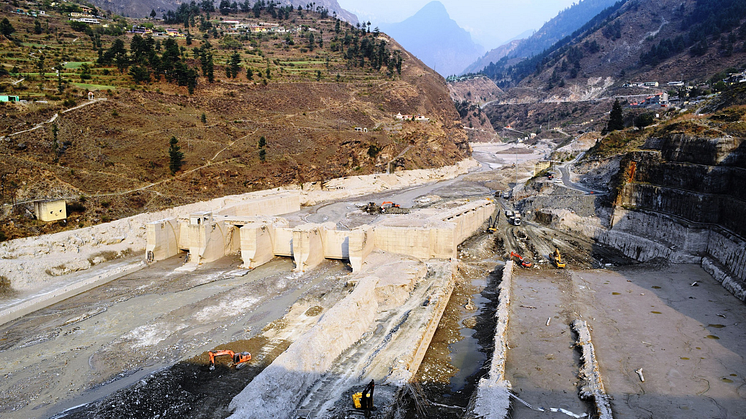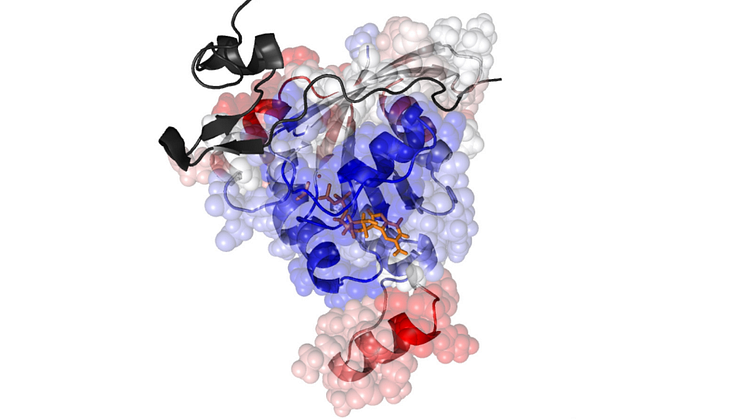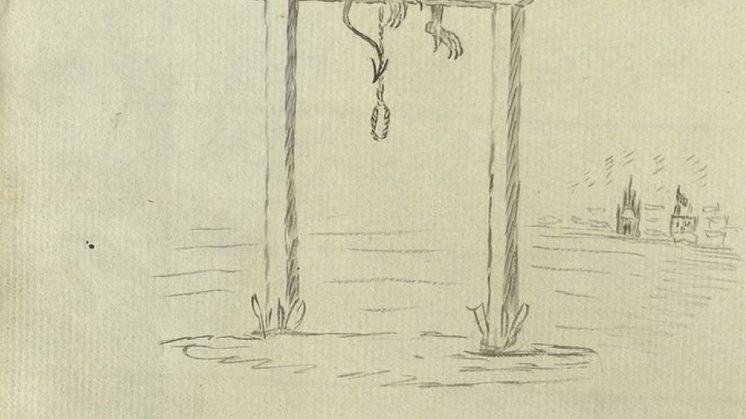Northumbria’s Summer 2021 Newspaper is out now!
The Summer 2021 edition of Northumbria University News is now available to read online.

The Summer 2021 edition of Northumbria University News is now available to read online.

A Northumbria University geomorphologist is among a team of international scientists to investigate the cause of the Uttarakhand flood in India earlier this year, which left more than 200 people dead or missing.

Researchers from the Observatory for Monitoring Data-Driven Approaches to Covid-19 (OMDDAC) have published three Snapshot Reports following a study part-led by academics at Northumbria University which seeks to capture lessons learned from the experiences of key stakeholders involved in data-driven responses to the Covid-19 pandemic.
OMDDAC is funded the Arts and Humanities Research Council (A

Academics from Northumbria University, Newcastle, have won awards for their law research into the use of legal technology and artificial intelligence at a prestigious conference.

Researchers have confirmed for the first time that Pine Island Glacier in West Antarctica could cross tipping points, leading to a rapid and irreversible retreat which would have significant consequences for global sea level.

Researchers from Northumbria University in Newcastle, and Bogazici University in Turkey, have discovered a new way of examining the structure and dynamics of single protein molecules within the human body – which could help scientists better understand the progression and possible treatment of diseases such as cancer.

Over the last year, academics from Northumbria University have been working with partners in the Covid-19 Genomics UK (COG-UK) Consortium to map how COVID-19 spreads and evolves.

A Northumbria University academic has been appointed to an independent panel of experts advising the New Zealand Police service on the ethical use of new technologies in modern policing.

A new initiative co-funded by the Joseph Rowntree Foundation and supported by the New Statesman and Daily Mirror aims to increase opportunities for aspiring writers and journalists from under-represented backgrounds.

Northumbria University and Fighting With Pride - The LGBT+ Armed Forces Charity – have signed a Memorandum of Understanding with a shared mission of transforming support for LGBT+ Veterans.

With federal executions in the US reaching a 200-year high under Donald Trump’s presidency, a new book by North East academics looks back at the history of public executions.
Execution Culture in Nineteenth Century Britain: From Public Spectacle to Hidden Ritual was co-edited by Helen Rutherford, a Senior Lecturer at Northumbria Law School and Dr Clare Sandford-Couch, a Visiting Lecturer in Law

A report co-written by Northumbria Law School’s Dr Marion Oswald has been cited in the Lords in support of an amendment proposed to the Domestic Abuse Bill.
